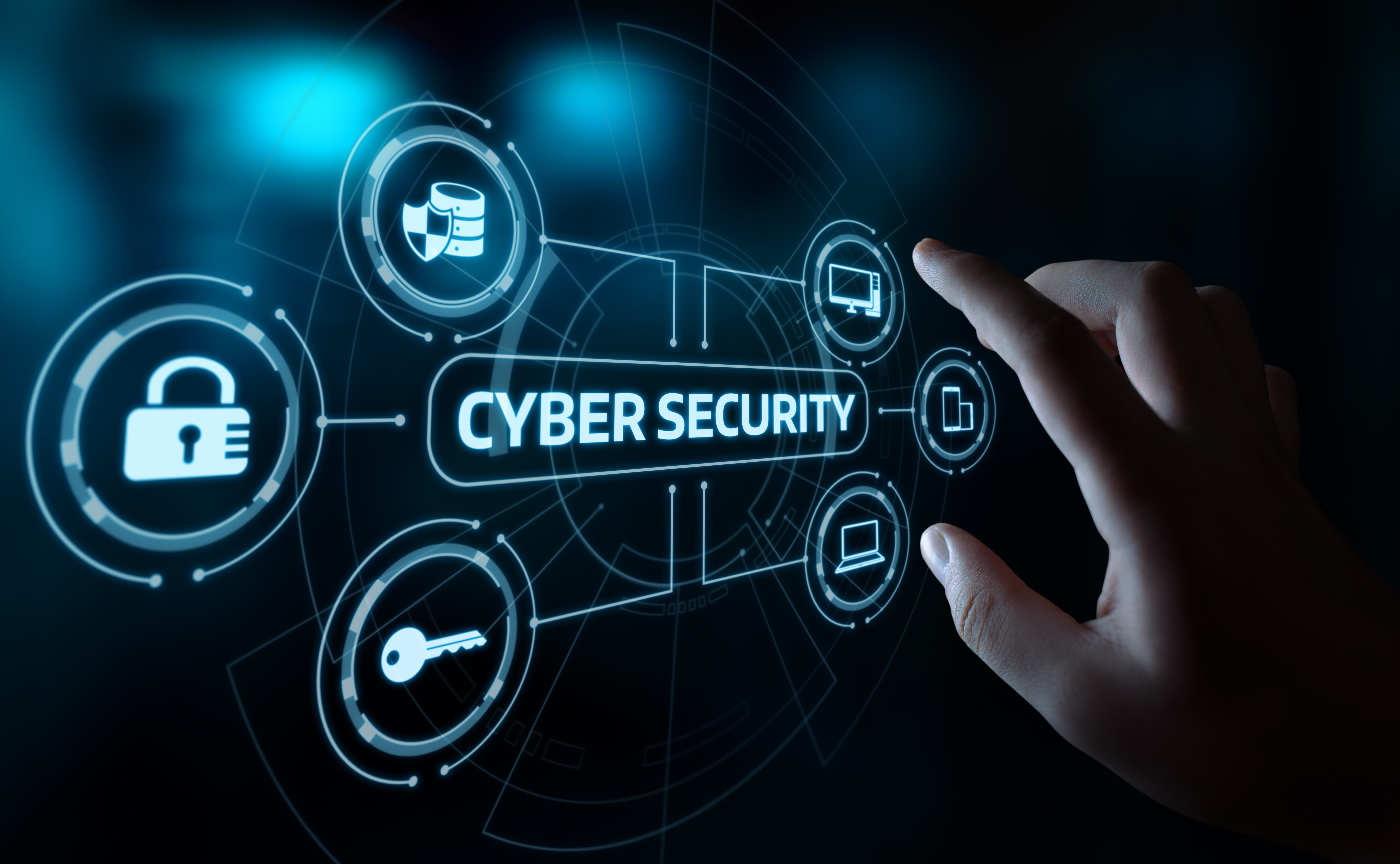Cybersecurity is something all businesses, not just large enterprises, must contend with. Small businesses are attractive targets because of their generally limited security defenses and resources compared to their larger counterparts.
While it’s true that no business -- big, small, or in between -- is safe, it’s also true that no department can afford to stay on the sidelines as cybersecurity threats loom. The IT department should lead the charge. However, any department that doesn’t take proper precautions will be the weak link in any company’s cybersecurity plan.
When it comes to the human resources department, you must understand the ins and outs of safeguarding your operations, customers, and data.
Consider these five key practices that can help your HR department fight the good fight.
1. Implement Strong Password Policies
Business cybersecurity is a multi-faceted endeavor. One aspect that shouldn’t be overlooked is a strong password policy. Allowing workers or management to use weak or reused passwords is one of the biggest problems impacting corporate networks.
All it takes is one compromised password to open the floodgates and give hackers the keys to the proverbial kingdom.
Your HR department must require everyone in the business to select strong passwords that include a combination of lowercase and uppercase letters, symbols, and numbers. It’s also essential to require everyone to update their passwords routinely.
While it should be obvious that reusing passwords across different platforms isn’t a good idea, that doesn’t mean your workers and management shouldn’t be reminded. All it takes, after all, is one compromised password to unleash a world of turmoil.
Considering that more than eight in 10 business data breaches are caused by weak passwords, you can appreciate the need for strong passwords.
2. Use Multi-Factor Authentication
Multi-factor authentication (MFA) adds another layer of protection by requiring users to provide more than merely a password to access accounts or systems. Depending on the MFA you choose, the extra measures might include a code sent to the phone or email of anyone with authorized access to corporate systems.
When it comes to your company’s HR department, implementing MFA for email accounts, cloud services, and internal systems should be a top priority.
3. Train Workers in Cybersecurity Best Practices
Training isn't just for onboarding. It goes much further. Even the best cybersecurity strategy will fall short if workers aren’t properly trained. Human error can play into the hands of cybercriminals since it’ll provide ample opportunities for the bad guys to unlawfully access data.
Workers, management, and anyone else with access to your corporate networks should be mindful of the risks associated with opening email attachments, clicking on suspicious links, or falling for phishing scams.
Training shouldn’t be a one-time thing either. Regular cybersecurity training should be part of the program. Going this route will ensure people understand how to recognize common threats and what to do if they encounter them.
4. Back Up Data Regularly
Don’t overlook the importance of backing up data regularly. It should be automated to ensure it gets done without fail. Data loss from cyberattacks, accidental deletions, or hardware failure can create serious issues.
Encrypt your backups to a safe and secure offsite cloud service or location. Doing this regularly -- multiple times per day or at least daily -- will ensure you’re prepared if a cyberattack wipes out your systems. You might not be able to control what hackers do, but you can control your preparation.
5. Secure Wi-Fi Networks and Devices
Wi-Fi networks are a common entry point for cybercriminals, especially if not adequately secured. You must safeguard your company’s Wi-Fi with a strong password and WPA3 encryption.
Don’t use default router credentials -- since anyone who knows these default settings can access the router. And turn off remote management unless necessary.
It's also essential to ensure all connected devices are secured with updated firmware and strong access controls. Working hand-in-hand with the IT department can ensure nothing falls between the cracks.
Cybersecurity isn’t merely an IT issue. It’s something all departments, including the HR department, must be mindful about. Small businesses face the same threats as large corporations, but usually with fewer resources to fight the good fight against cybercriminals.
By proactively implementing these vital cybersecurity measures, small businesses can reduce the risk of attacks. Taking these steps not only protects your business data but also builds trust with customers, partners, and employees who depend on you to keep their data secure.






